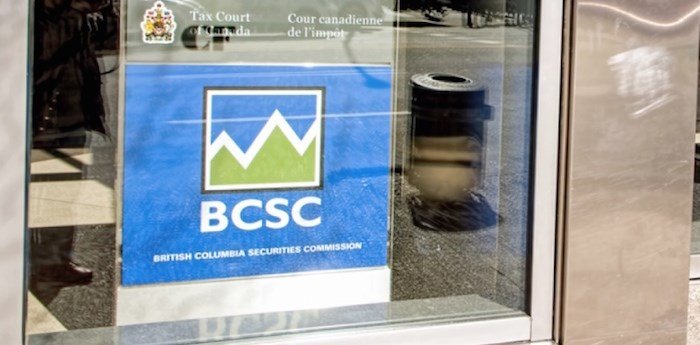A man from Richmond has been found guilty of illegal securities trading and failing to meet basic legal requirements for investment deals. On July 4, 2025, Richard Yung Shyang Chen was convicted in Vancouver Provincial Court after an investigation by the BC Securities Commission (BCSC).
Chen, who is a registered mutual fund dealing representative, was found to have made two unauthorized investment trades. These deals were related to a real estate opportunity that drew $350,000 from two investors. The money was used to fund a property on Osler Street in the Marpole area of Vancouver.
According to court records, Chen promoted and helped carry out the trades, even though they were not allowed under his current license. He did not have the right registration to offer these types of contracts.
Chen also worked as a bookkeeper for the group offering the investments. This added another layer of involvement that went beyond his approved duties.
One key part of the law in Canada requires that anyone offering investment opportunities must file a prospectus. A prospectus is a legal document that explains the details and risks of the investment. It helps protect investors by giving them full and clear information.
In this case, neither Chen nor the parties he worked with filed a prospectus for the investment. This failure was seen as a serious legal oversight.
The court found Chen guilty on two counts. He received a fine of $4,000 for trading without proper registration. He was fined an additional $1 for not filing the required prospectus.
While the $1 fine may seem small, legal experts say it represents a symbolic judgment. It reflects how the court recognized the breach but chose a minor penalty for that specific failure.
The larger $4,000 fine was tied directly to his role in making trades that were outside the scope of his approved financial license. As a mutual fund dealing representative, Chen was not allowed to sell or promote these types of contracts.
The BC Securities Commission works to ensure that all financial trades in the province follow strict rules. These rules are designed to protect investors and keep markets fair and transparent.
When someone trades outside of their license, it creates risk for investors who may not understand the full situation. Regulators say that proper registration and disclosure are key to trust in the system.
In this case, the investors gave a large amount of money—$350,000—toward the real estate project without receiving the legal documents that should have explained how the investment worked.
The Osler Street property in Marpole was central to the case. It served as the focus of the investment pitch that led to the unauthorized deals.
Court Services Online confirmed the verdict and the fines imposed. The court found that Chen had acted in a way that broke provincial investment laws, even if he may have believed he was helping a legitimate project.
The decision is a reminder for anyone involved in financial services. Even registered professionals must stay within the rules of their specific licenses. Offering or promoting investments outside those limits can lead to legal trouble, no matter the intent.
Investors are also urged to check if those offering deals are properly registered. They can do this by using online tools provided by provincial regulators.
This case shows how even small steps outside the rules can have serious legal effects. It also highlights how important transparency and proper documentation are in protecting investors and the wider financial system.

